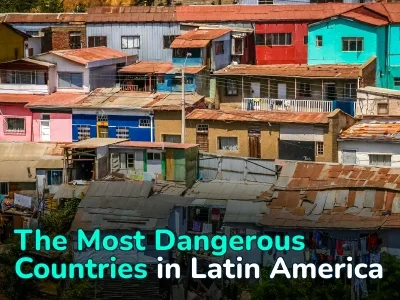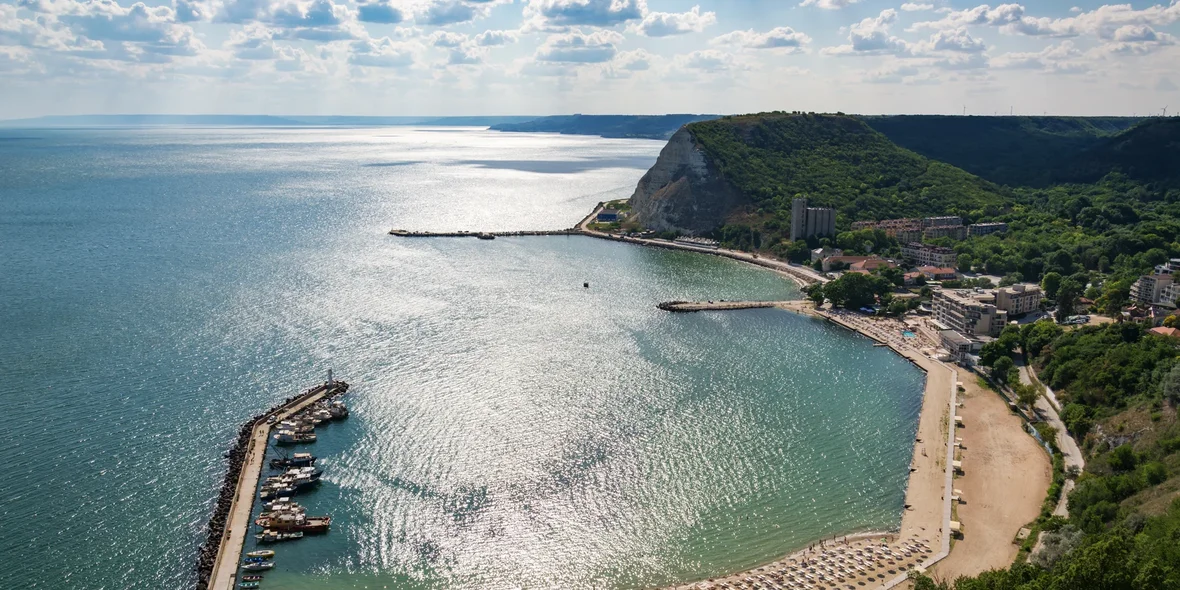
Where Is It Better to Live in Bulgaria? Top 5 Cozy and Promising Cities to Move to
Bulgaria is one of those countries that can appeal to almost everyone. A mild climate, plenty of sunshine, fresh fruits and vegetables nearly all year round, and relatively affordable real estate prices have attracted many investors. But how do you choose the right city if you are planning to buy an apartment in Bulgaria? This article provides more details.
Bulgaria is a country located in Southeastern Europe on the Balkan Peninsula. Since 2007, it has been a member of the European Union. Of course, in terms of economic development, Bulgaria still lags behind many other EU member states. Nevertheless, its macroeconomic indicators show positive dynamics:
- GDP is steadily growing;
- Inflation is only 3.5%, while unemployment stands at 3.5–7%;
- The tax burden is lower than in Western Europe: personal income tax — 10%, corporate tax — 10%; standard VAT rate — 20%;
- The cost of living in Bulgaria is the lowest in the EU, with local prices on average 53% lower than across the European Union.
However, this relative affordability may not last long. The EU Council has already approved Bulgaria’s adoption of the euro starting January 1, 2026. Until then, prices are displayed in both leva and euros, and both currencies are in circulation during the transition period. Despite government measures to regulate pricing, there are concerns that the cost of living will inevitably rise with the introduction of the euro.
In Bulgaria’s largest city, Sofia, the average price per square meter of housing is €1800—2100/m². This range usually applies to secondary housing, while prices for new builds average around €2080/m². In major coastal cities, prices are even higher: Varna — approximately €1550—2500/m²; Burgas — around €1200—2000/m². Prices below €1000/m² can sometimes be found in certain apartment complexes and on the secondary market in resort towns such as Sunny Beach, though not easily.
When choosing real estate in Bulgaria, it is also essential to pay attention to official transaction statistics. For example, in large Bulgarian cities, real estate deals are concluded more frequently. According to the Registry Agency / BTA, 66,803 transactions were registered in the first half of 2025 — 30% more than in the same period of 2024.
Below, you will find a ranking of the five best Bulgarian cities to live in as of 2025. The selection is based on surveys of local residents. Ranking criteria included environmental quality, labor market conditions, family-friendly infrastructure, as well as healthcare and education standards.
Burgas
Burgas, located on the Black Sea coast in the country’s southwest, is considered the best city to live in Bulgaria. It has repeatedly won the national contest «Nay-dobar grad za zhiveene» («Best City to Live In»). The city took first place in 2010, 2012, 2013, and 2017. Although in recent years the winners have varied, Burgas consistently remains in the top three.
Despite its relatively modest population, Burgas is an important industrial, transport, tourist, and cultural hub in Bulgaria. It is a wonderful place to live, work, and relax. Burgas is also known as a city of knowledge, being home to the state-run Prof. Dr. Assen Zlatarov University and Burgas Free University.
Renting a one-room studio in the city center costs about €300—420 per month. Purchasing property averages €1200—1600/m². New developments in the Lazur, Zornitsa, and Central districts are slightly more expensive — €1350—1700/m². A one-bedroom apartment of 50–60 m² typically costs €65,000—95,000, while a two-bedroom unit of 70–90 m² is priced at €85,000—140,000.
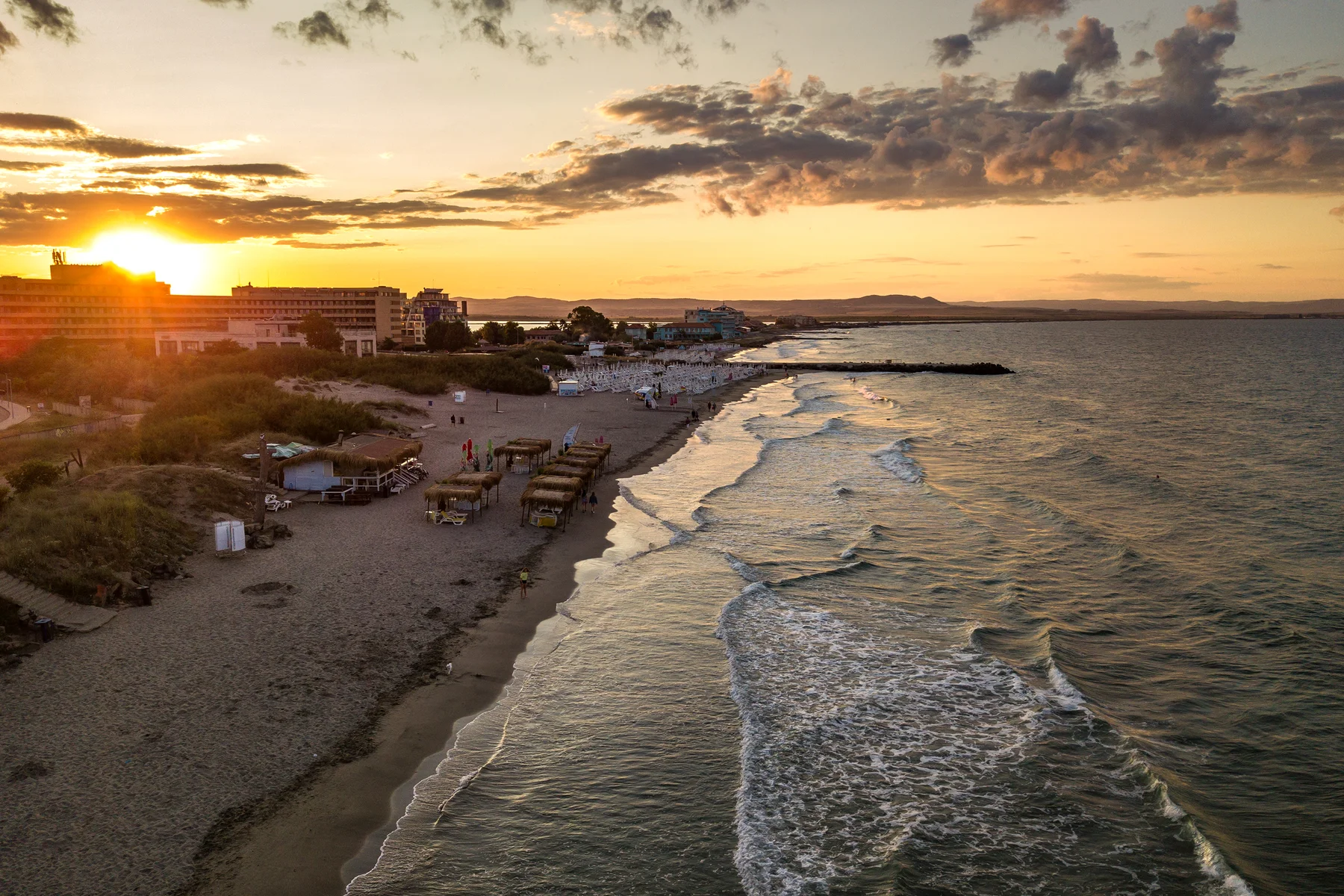
Sofia
Second on the list is Sofia — the capital of Bulgaria and at the same time the country’s largest city. About 1.3 million people live here. Situated in the western part of the country among mountains, Sofia is rightfully considered one of the best places for permanent residence:
- The city ranks among the European capitals with the most affordable cost of living, and in terms of consumer prices, it is one of the cheapest capitals in the EU.
- Sofia has a well-developed labor market — finding a job here is easier compared to other Bulgarian cities. The capital also leads in income levels: the average salary is €1732, which is 30–38% higher than the national average.
- According to the StartupBlink ranking, Sofia is considered number one for doing business in Bulgaria and number nine in all of Eastern Europe.
According to Numbeo, a one-bedroom apartment in Sofia (about 90 m²) can be purchased for €160,000—220,000. Renting a one-room studio in the Bulgarian capital costs on average €465—620 per month.
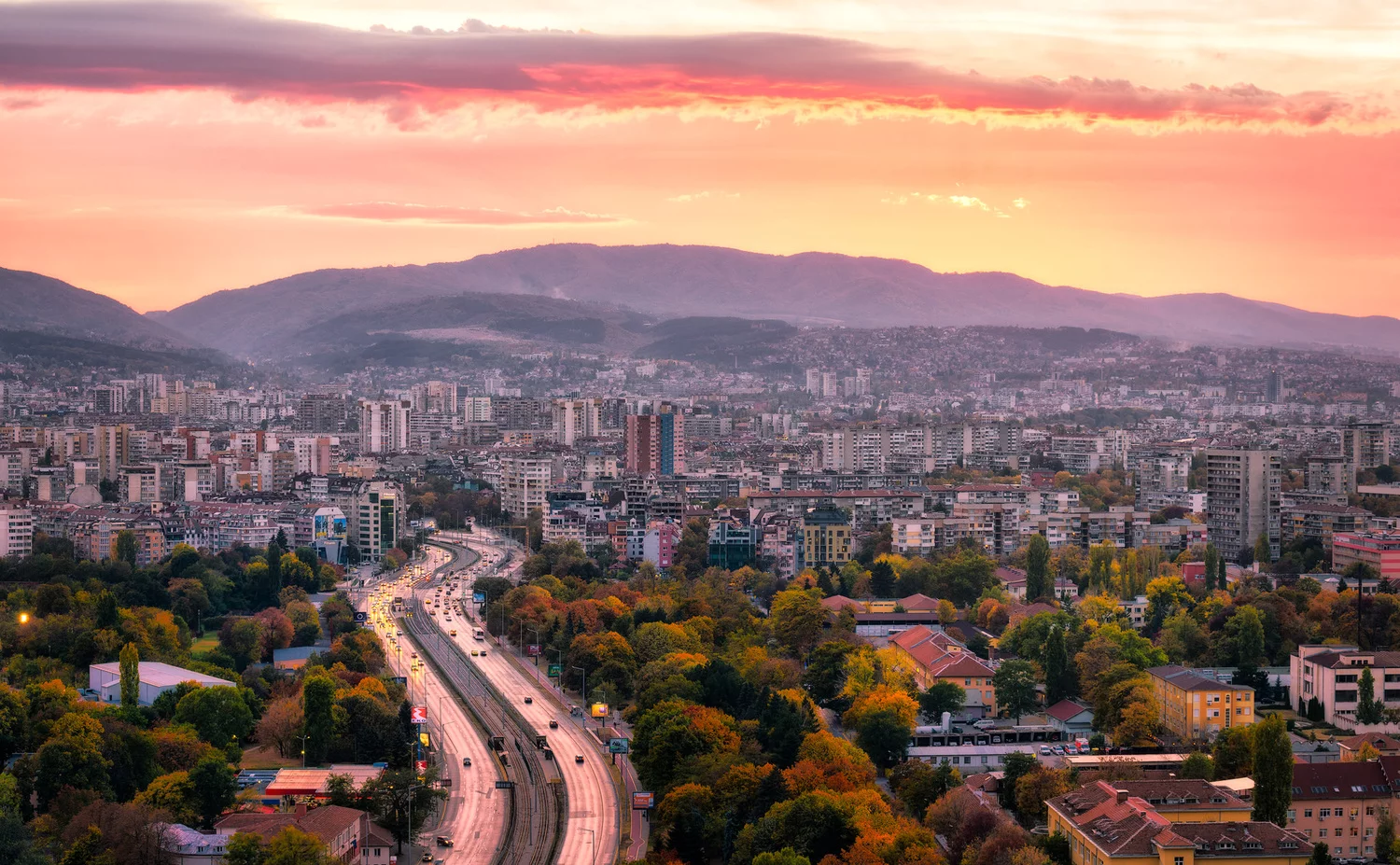
Plovdiv
Closing the top three best Bulgarian cities for relocation is Plovdiv. Located in the southern part of the country, it is the second-largest city after Sofia. Plovdiv boasts an impressive cultural life, with highlights such as the architectural and historical reserve «Ancient Plovdiv,» the Ancient Theatre, the Roman Stadium from the 2nd century, and Renaissance-era mansions like the Hindlian House.
The average price for a one-bedroom apartment in Plovdiv (90 m²) is €120,000—180,000, with the cost per square meter ranging from €1200 to €1350. Renting a one-room studio in Plovdiv will cost around €230—410 per month.
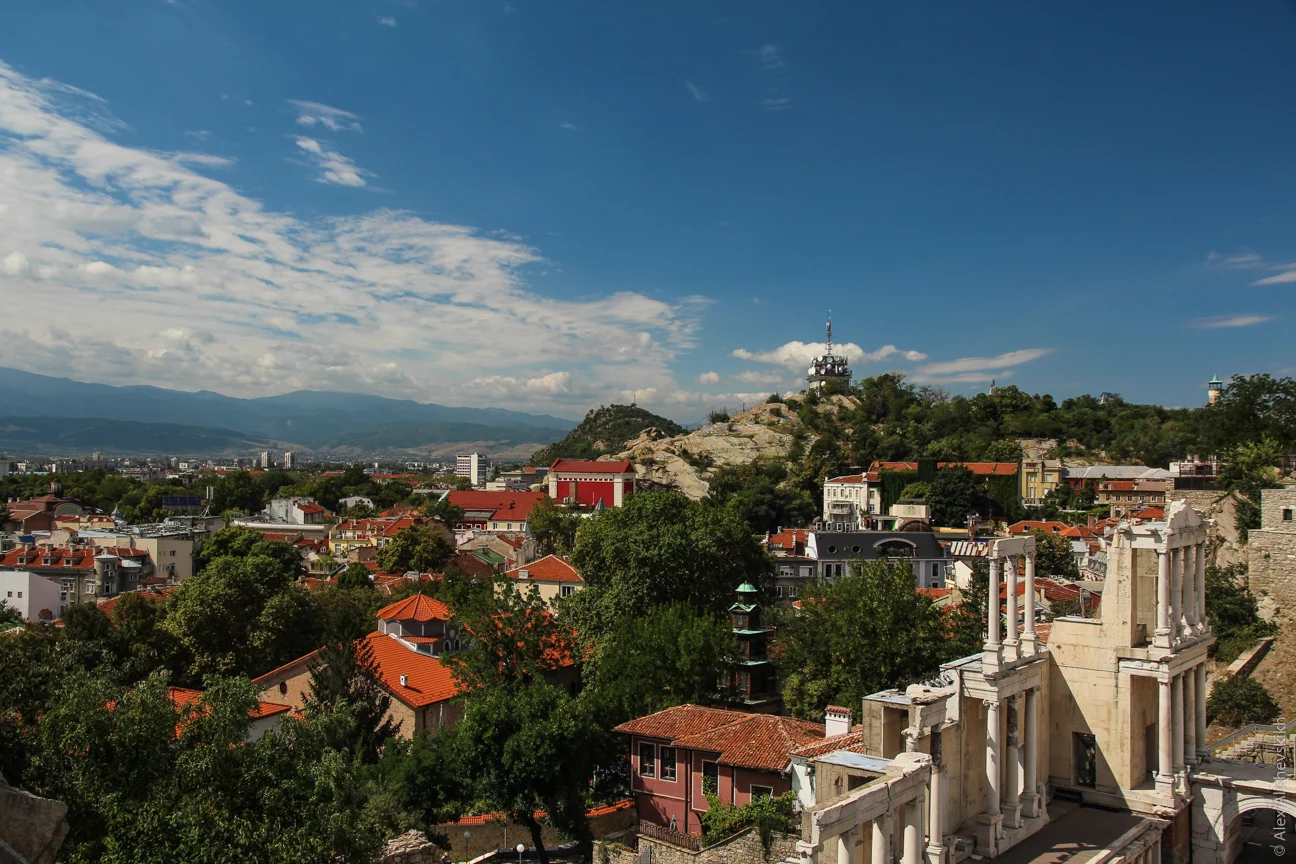
Varna
The fourth city on the list is the major port city of Varna, located in the northeastern part of the country along the Black Sea coast. A popular resort for both tourists and Bulgarians, Varna has a population of 327,424, making it the third-largest city in Bulgaria after Sofia and Plovdiv.
The city is an important economic, transport, and cultural hub in Bulgaria. Varna is a comfortable place to live both alone and with family. According to the aforementioned media ranking «Nay-dobar grad za zhiveene», Varna took first place in 2007 and 2008, and although it no longer holds the top spot, it consistently remains in the top four.
link https://realting.com/news/a-detailed-guide-on-how-to-buy-property-in-bulgaria
Renting a one-bedroom apartment in the center of Varna costs around €450 per month, while outside the city center the price drops to €345. The average price for real estate in Varna is €1550—1700 per m², rising to €2300—3000 per m² in prestigious areas near the Sea Garden. A typical one-bedroom apartment of around 55 m² will cost €80,000—100,000.
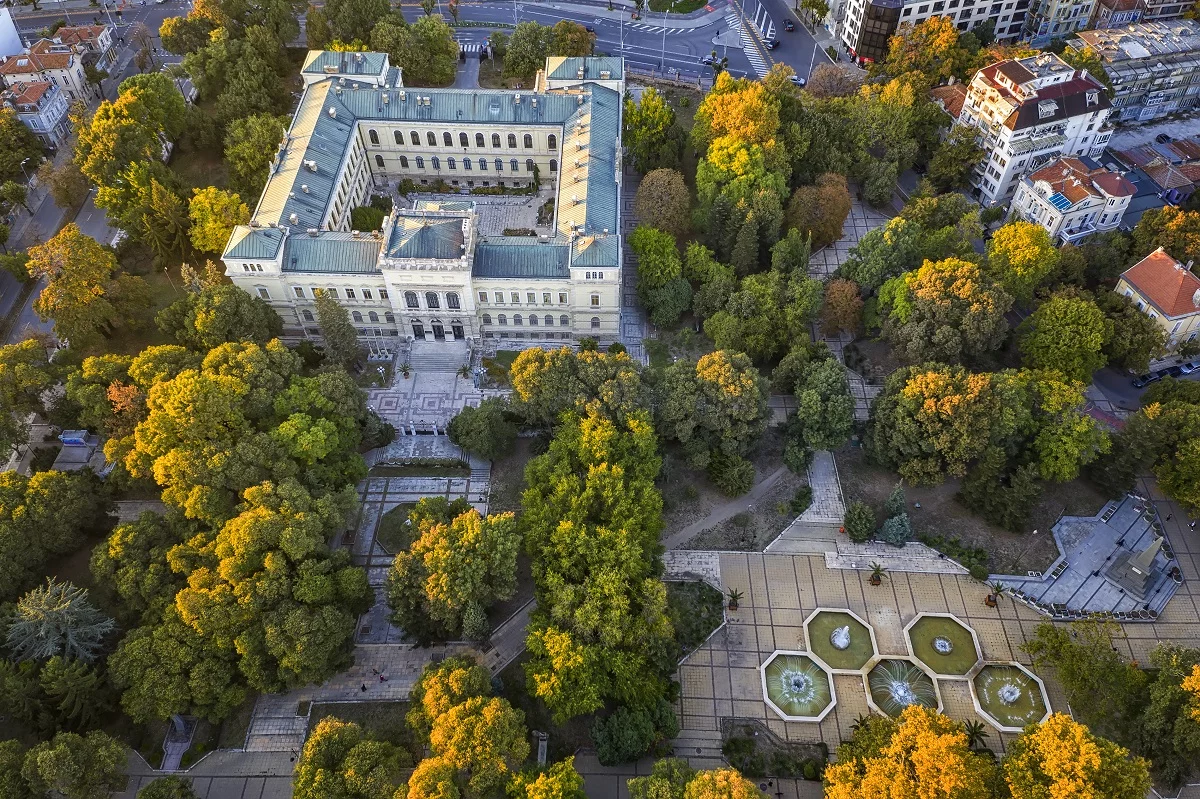
Stara Zagora
The last city in the ranking of the five best cities to live in Bulgaria is Stara Zagora, a city located in the central part of the country with a population of over 121,000 people. It is one of the six largest cities in the country by population, following Sofia, Plovdiv, Varna, Burgas, and is on par with Ruse.
The city is considered safe and even won the «Safest City» award in 2018. In 2024, the region reported the country’s record decrease in crime rates, dropping by 12.5% compared to 2023.
Stara Zagora is known for its contradictory environmental situation. While the city hosts the largest green area, Ayazmoto, covering 320 hectares, the air quality near the «Maritsa-East» complex is not always good.
The monthly rent for a one-room studio in Stara Zagora is about €235. The average price per square meter when purchasing real estate is €1100—1300/m², although outside the central areas, properties can be found for €850/m².
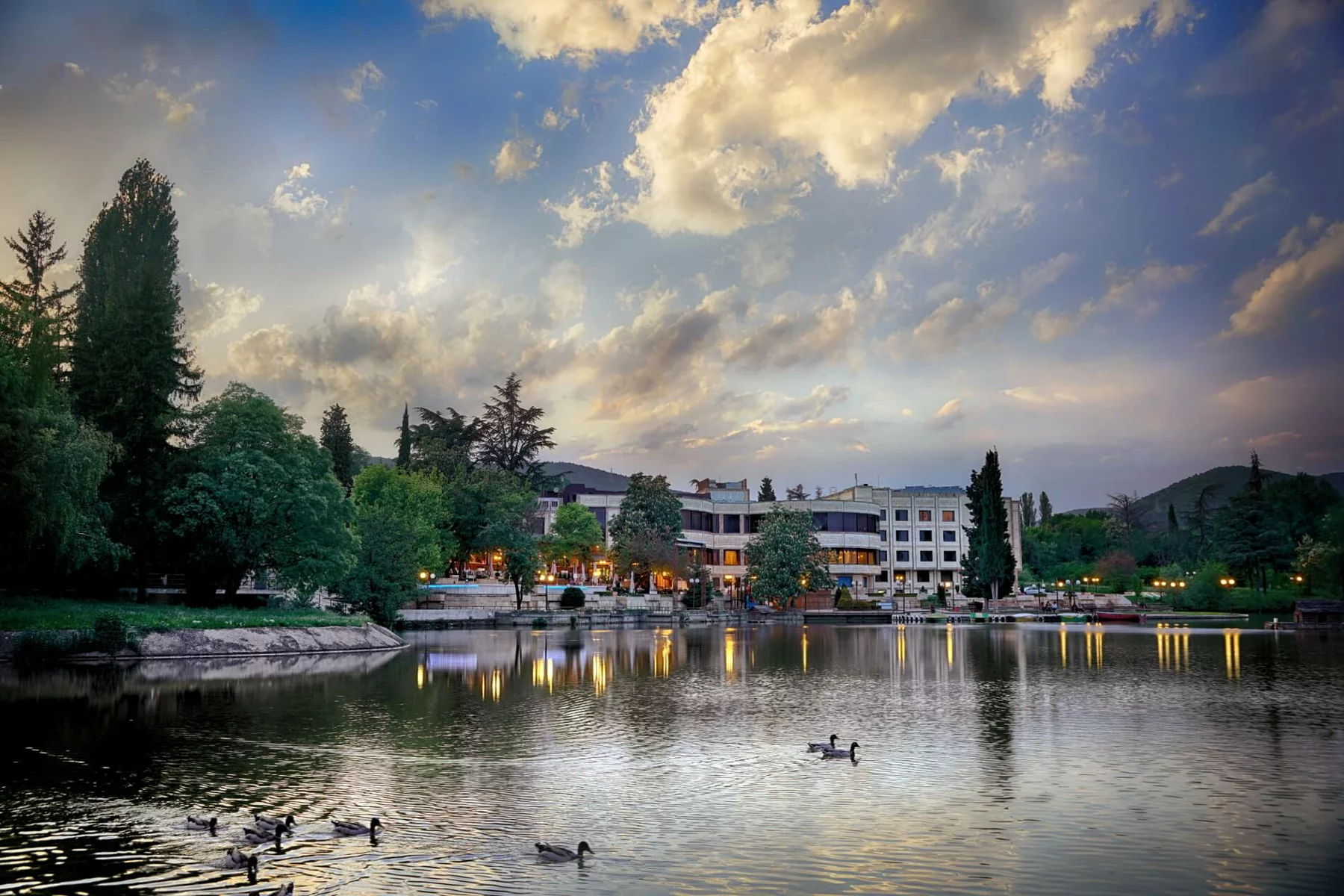
As you can see, there are many options when it comes to relocation, but it’s important not to focus solely on real estate. Bulgaria is famous for its interesting cuisine, with unique dishes like lyutenitsa and kebapche. The local climate is pleasant, with comfortable temperatures ranging from 27—29°C, and the landscape offers beautiful views of the numerous peaks of the Balkan mountain ranges and, of course, the sea. All of this, along with many other factors, makes Bulgaria an excellent investment opportunity.
Author
I write informative articles about real estate, investments, job opportunities, taxes, etc.






















